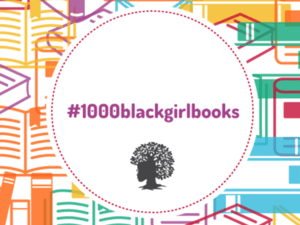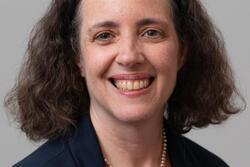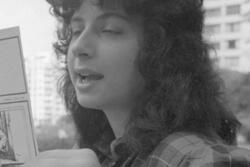This Black History Month, A Call for Diversity in Children’s Books
Much like my current life, my childhood was filled with books. I could never get enough of traveling into different worlds and times, and making friends with fictional characters that at times appeared more real than reality. I tried my hand at writing at an early age, attempting to emulate the fantastic stories my parents and teachers introduced. Zilpha Keatley Snyder, Scott O’Dell, Lois Lowry, and Roald Dahl taught me what it meant to be a kid growing up and learning about my place in the world. While I can pinpoint elementary school as a time that introduced me to my love of books, I also credit the same time as the beginning of my unhappiness with assigned reading. Some of my mandatory reading for school became dissatisfying: I wanted more mystery and intrigue, and I was growing tired of reading about characters that were nothing like me. It was hard to find girls who stood out as exciting, inspiring characters, and when I did, they were rarely Jewish. It wasn’t until I grew up and moved past mandatory reading lists that I realized how nearly my natural love for reading was almost completely destroyed by having to read books that I didn’t connect with or feel inspired by.
My story is rather different, and not nearly as fantastic or social-justice-minded, as that of the incredibly inspiring 11-year old Marley Dias, who has started her own movement with #1000blackgirlbooks. This month, with the support of the GrassROOTS Community Foundation in New Jersey, Dias and a couple of her friends will bring 1000 children’s books, featuring female Black protagonists, to a parish in Jamaica. Dias was tired of reading books “about white boys and their dogs” in school and instead craves books with characters that look like her.
"When you see a character you can connect with, if they learn a specific lesson, you're more likely to apply that to your life," Dias says.
Challenging her community to make positive change is a courageous act for one so young. Young people need to see themselves in the stories they read. February is Black History Month, so diversifying children’s books in the classroom is a timely issue, but there is no reason to wait for a once-yearly discussion. It is a human concern that children have access to books reflecting their personal realities in order to connect with the lessons of the story, as Dias poignantly notes.
While I believe Dias’s project can move mountains in her own community, her idea has people listening and talking nationally. I know much of this has to do with the classroom, but I hope publishers are also listening. If Dias and other young students of color have had to read books featuring mostly white male characters, it is also time for white students to learn about characters of other backgrounds.
Growing up, most of the books I had access to featuring Jewish characters focused on the Holocaust or other periods of persecution of the Jewish people. Karen Hesse’s Letters from Rifka and Lois Lowry’s Number the Stars were both fantastic books describing strong girls during harrowing times of Jewish history. Both of these books show Jewish girls overcoming adversity, but their stories are also stories of victims. I wished I’d been exposed to more books with girls like me, accomplishing great feats—not just in the most extreme and dire of circumstances.
As an adult, I know Judy Blume wrote rich Jewish female characters, and I look forward to reading the All-of-a-Kind Family series by Sydney Taylor that slipped off my radar. But these books were not part of my reading lists growing up, and I should not have to do extensive research to find them.
I hope Dias inspires other young women and girls not to rest until they have access to books about their own individual experiences—Native American, Latina, Asian American, and others. Engaging students with characters and stories they can connect with creates more meaningful connections to reading, and helps them dream of worlds where they are the heroes and heroines. Better yet, I hope Dias inspires a new generation of writers to bombard publishers so schools will have no choice but to put truly diverse young adult literature on every reading list.







